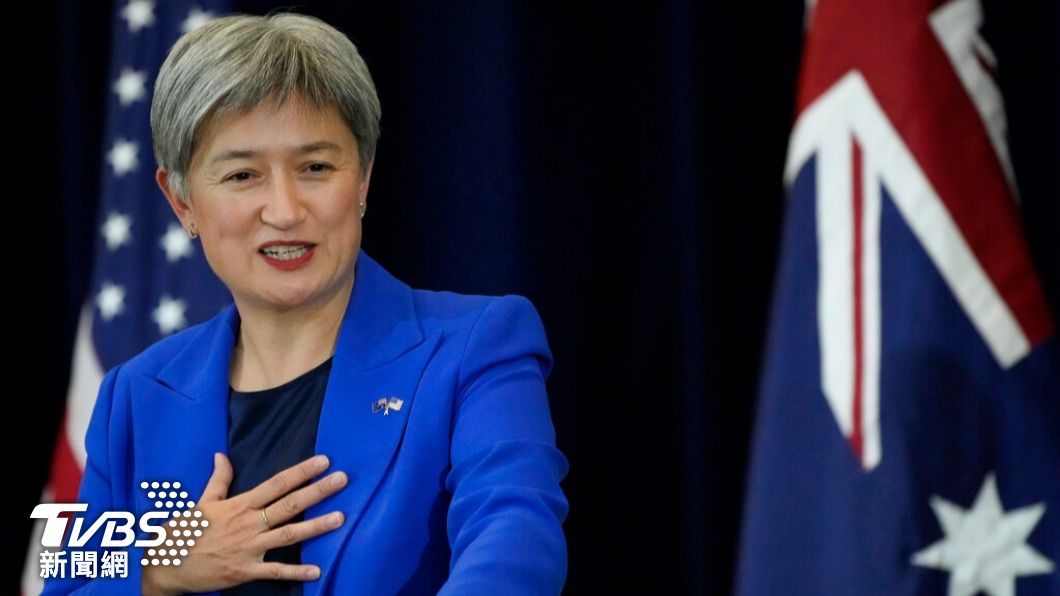TAIPEI (TVBS News) — Australian Foreign Minister Penny Wong declared on Wednesday (June 5) that Australian lawmakers have the right to decide how to interact with Taiwan, a statement that comes amid tensions with China over such engagements.
This announcement follows a warning from the Chinese embassy to five Australian representatives who attended President Lai Ching-te's (賴清德) inauguration last month, sparking widespread backlash in Australia.
Three of the Australian representatives who attended President Lai's inauguration collectively questioned China's oppressive actions towards Taiwan on Monday (June 3).
Julian Hill, chair of the Defence Subcommittee of the Joint Standing Committee on Foreign Affairs, Defence and Trade, reiterated support for Taiwan's participation in the World Health Organization (WHO) and the World Health Assembly (WHA) in a statement released the same day.
Hill's statement in April, following a bipartisan visit to Taiwan, marked him as the first Australian parliamentarian in recent years to formally support Taiwan's inclusion in the WHA from the House of Representatives.
Deputy Chair Claire Chandler questioned Wong on whether she accepts Chinese surveillance and interference in Australian lawmakers' interactions with Taiwan, during a parliamentary meeting, to which Wong emphasized the freedom of Australian parliamentarians to engage as they see fit.
Additionally, David Fawcett raised concerns about China's military exercises in the Taiwan Strait, to which Wong reaffirmed the Australian government's serious concerns.
Wong's statements underscore Australia's stance on maintaining its sovereignty over foreign policy decisions, especially concerning Taiwan. This development suggests a continued commitment to supporting democratic values and international norms, despite external pressures.



